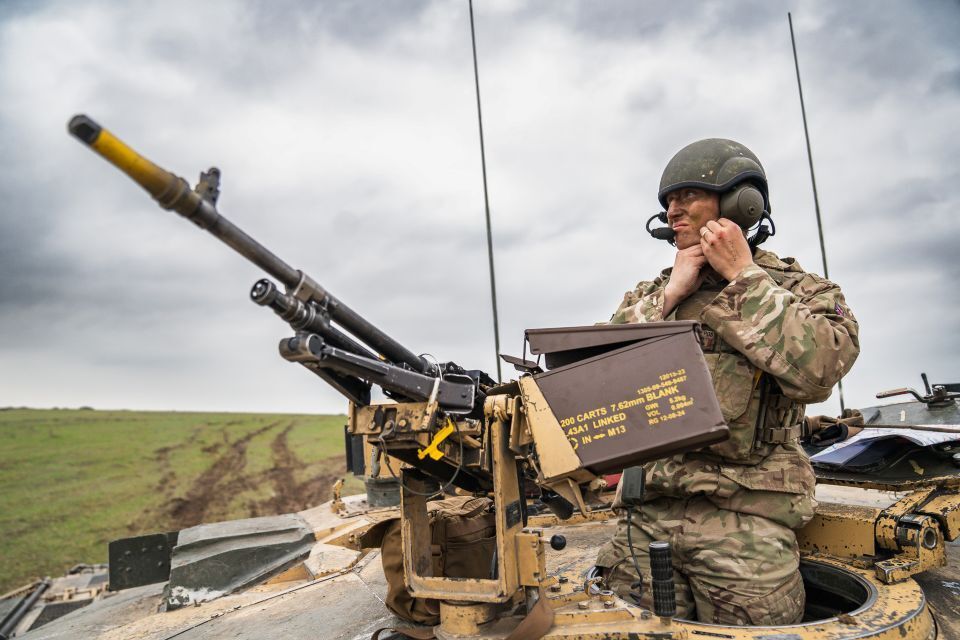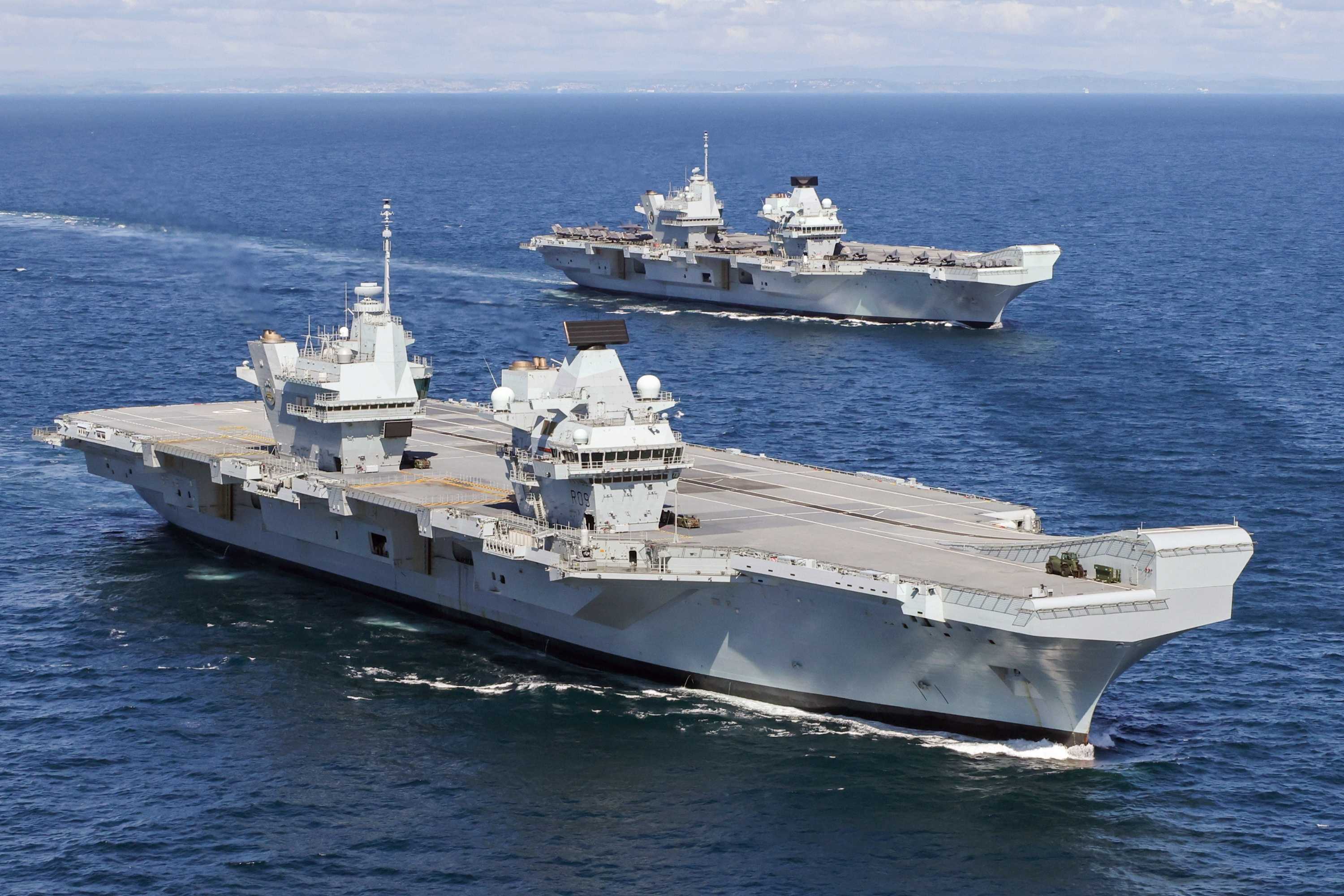Recent events highlight need for more resilient UK space systems

Image courtesy Lockheed Martin
Speaking at the Global MilSatCom conference in London, Nik Smith (above) said: “Space is no longer a neutral backdrop - it’s a contested operational domain. We can retreat and accept vulnerability, or we can invest, innovate and collaborate.”
Nik said recent incidents highlight the urgency for action, including repeated interference with the UK’s Skynet communications satellites and increased 'data capture' attempts against German systems since Russia’s invasion of Ukraine.
“These are not isolated events. They reveal a pattern and a clear strategic imbalance,” Nik said. “The conclusion is unavoidable: The UK needs resilient, survivable space capabilities now. This is not only a defence imperative but also an economic opportunity.”
The UK currently operates six dedicated military satellites - vital but modest compared with the hundreds fielded by the United States, Russia and China. Russia and China have expanded their fleets by an estimated 70% over the past decade, many with systems designed or adapted for anti-satellite missions.

Nik said a robust national space architecture - hardened, redundant and maneuverable - is essential for both national security and the success of a commercial space industry that supports high-value jobs across the country.
“Investing in sovereign capability drives demand for British engineering, manufacturing, software, launch and on-orbit services,” he said. “It circulates investment through UK supply chains and creates high-skilled jobs nationwide.”
As a British American defence partner for more than 80 years, Lockheed Martin building on its heritage in military satellite communications, resilient architectures and on-orbit protection. Across 23 UK sites, the company is strengthening the transatlantic defence partnership through innovation and advanced technologies such as protected communications and defensive countermeasures to keep critical systems safe and mission capable.
Nik stressed that Lockheed Martin's UK commitment is long-term - built on partnerships with industry and academia across the full lifecycle, from concept to operations. He said: “We will leverage our transatlantic capabilities and deep space heritage to work with government, education and industry to build sovereign UK capability that can be trusted in crisis.”
“The sky is not neutral,” Nik said. “Lockheed Martin and its partners have chosen to invest. I urge government, industry, academia and regional leaders to join us in building the resilient space capability the UK needs - and the thriving space economy our nation deserves.”
The long-standing cooperation between the US and UK defence industries remains a cornerstone of shared security and prosperity. Today, this partnership continues to grow - improving interoperability, strengthening supply chain resilience and sustaining jobs on both sides of the Atlantic.











